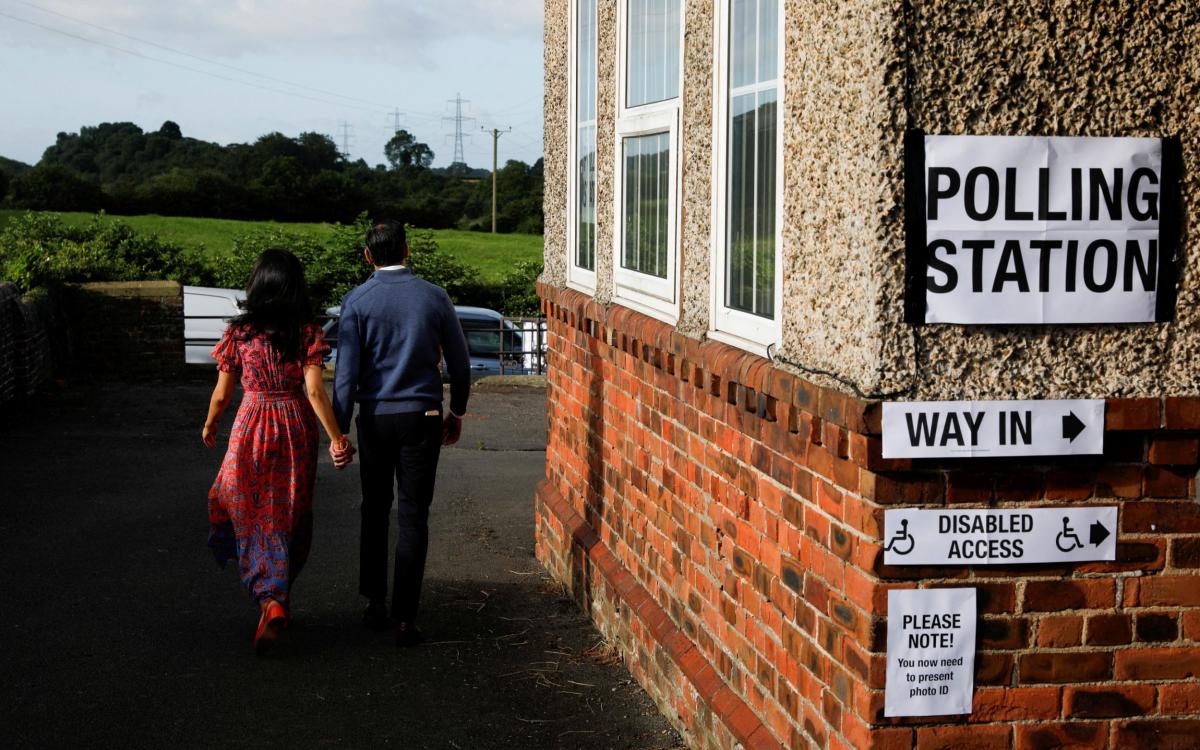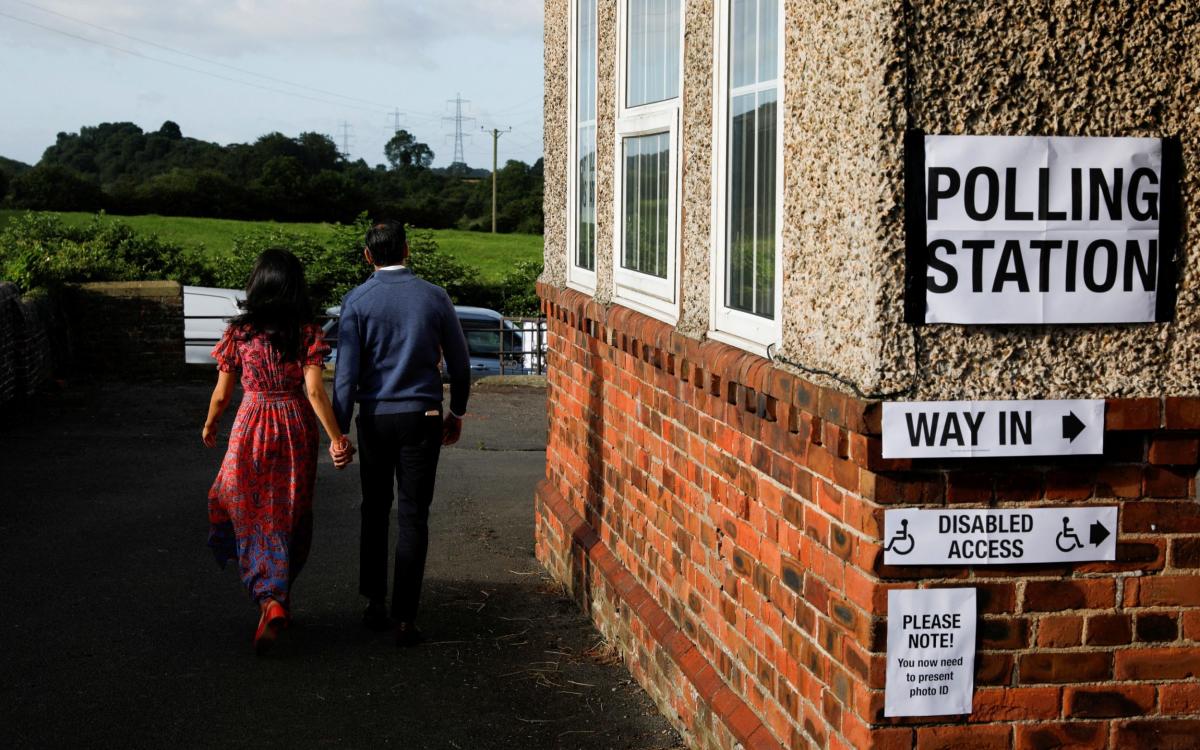
Nobody should lose sight of the central and foundational reality of British politics this week. The Labour Party has won a massive, crushing victory and the Conservative Party has suffered a devastating defeat. It has done this in the system we have and under the rules all parties work with and nobody can ask or expect Sir Keir Starmer and his party to do anything else. To say they have somehow underachieved is preposterous, given the rules of the game.
That said, the nature of this result should lead politicians and voters of all parties, including Labour, to think about those rules, and to consider if they are actually functional, if the job of the system is to create a combination of representation of the national view with stable politics and government. In particular, people should think about the electoral system, what it has delivered in this election and will very likely produce in future ones.
This is one of the most disproportional results in the history of UK politics. Labour has won 411 seats with roughly 34 per cent of votes cast. This is a lower share than they achieved in 2017 under Jeremy Corbyn and only 1.6 per cent more than they got under him in their disastrous result in 2019. A gain of only 1.6 per cent of votes has brought an additional 210 seats. Sir Keir Starmer has the lowest share of the vote for the leader of a victorious party since 1832.
In terms of the representation of broad political tendencies, the new Parliament will have over 500 MPs from the Left and centre-Left, conventionally defined. The Right, by conventional definition, will have 125. This, despite the vote shares of the two broad sides being much closer with the Left (Labour plus Greens and SNP) getting about 46 per cent, the Right (Conservative plus Reform plus Unionists) about 40 per cent, and the centre in the shape of the Liberal Democrats around 12 per cent.
This reflects one simple reality. The electoral system of First Past The Post (FPTP) works to deliver stable and reasonably balanced results when there are two large parties that command a majority of the voters. It is always brutally unfair to smaller parties, as Liberal Democrats and voters for both Reform and its predecessors and the Greens can attest. Its justification is that it enables stable politics and a Parliament that roughly reflects the two main sides in politics.
It no longer does this. The combined vote for Labour and Conservative at this election was a record low. Both sides of politics have fragmented. The division is greatest and the consequent negative impact largest, on the Right. Reform got over 14 per cent of the votes but only five seats. The Conservatives got 121 seats when a proportional share would have seen them get 154. On the other side, the Greens got four seats, the same as Reform, when a proportional result would have been 44. The Liberal Democrats, for once, got close to a proportional result.
All this is because the electoral system produces bizarre and unbalanced results when voters divide in large proportions between several parties rather than two. There are now two parties on the Right, with one slightly larger but not by much. On the Left we can observe the clear appearance of a block of voters to the left of Labour by several measures. This is almost certain to increase, as voters on that side are disillusioned by Labour in office and no longer feel they have to vote Labour to keep out the Tories.
In a situation where there are four or five blocs of voters who increasingly vote for separate parties, FPTP yields results that are not only wildly disproportionate and unpredictable but also unstable. The Labour Party should be as worried about this as anyone, despite its huge win. It would take only small shifts of votes for it to lose well over a hundred and fifty seats and its majority. Given the difficulties it faces in government this seems more likely than not.
It also unlikely, as things stand, that a movement away from Labour (moderate in votes but consequential in seats) would produce any kind of stability. For that to happen politics would have to re-coalesce around two large parties, as happened at the end of the 1920s after a similar period of instability and multi-party politics. This lies behind the idea of a “unification of the Right” with a merging of the Reform and Conservative parties.
That notion ignores reality. The Right is deeply divided. The voters who voted for the two parties at this election are divided on several big issues and a move by the Conservatives to absorb Reform would lead to a split and a large loss of votes. A clear shift away from Reform towards the centre would have a similar result but with a different set of voters departing. Meanwhile, divisions on the Left will become ever more difficult for Labour to manage as several specific results in this victory show.
We are more like to see a prolonged period of multi-party politics. With FPTP that means wildly disproportionate outcomes that do not reflect the true divisions of opinion in the country and which are unstable and liable to be dramatically reversed. This is not conducive to good governance, regardless of your ideology. It also means that political debate is distorted because significant bodies of opinion (right now Reform and Green voters) are not represented or heard in Parliament.
Everyone, regardless of their politics should be thinking about whether we should reform the electoral system to make it more proportional and if so how. The main objection many have is that this will break the link between a specific community and representation but that is not necessarily true. The German system of additional members keeps FPTP seats but ‘tops up” representation. The Irish system of Single Transferrable Votes in multi-member seats (STV) could, if combined with reform and decentralisation of government, actually strengthen the link between representation and self-governing local communities and return us to the old system of multiple seats for self-ruling counties and boroughs. Worth thinking about and necessary to think about.
EMEA Tribune is not involved in this news article, it is taken from our partners and or from the News Agencies. Copyright and Credit go to the News Agencies, email news@emeatribune.com Follow our WhatsApp verified Channel





